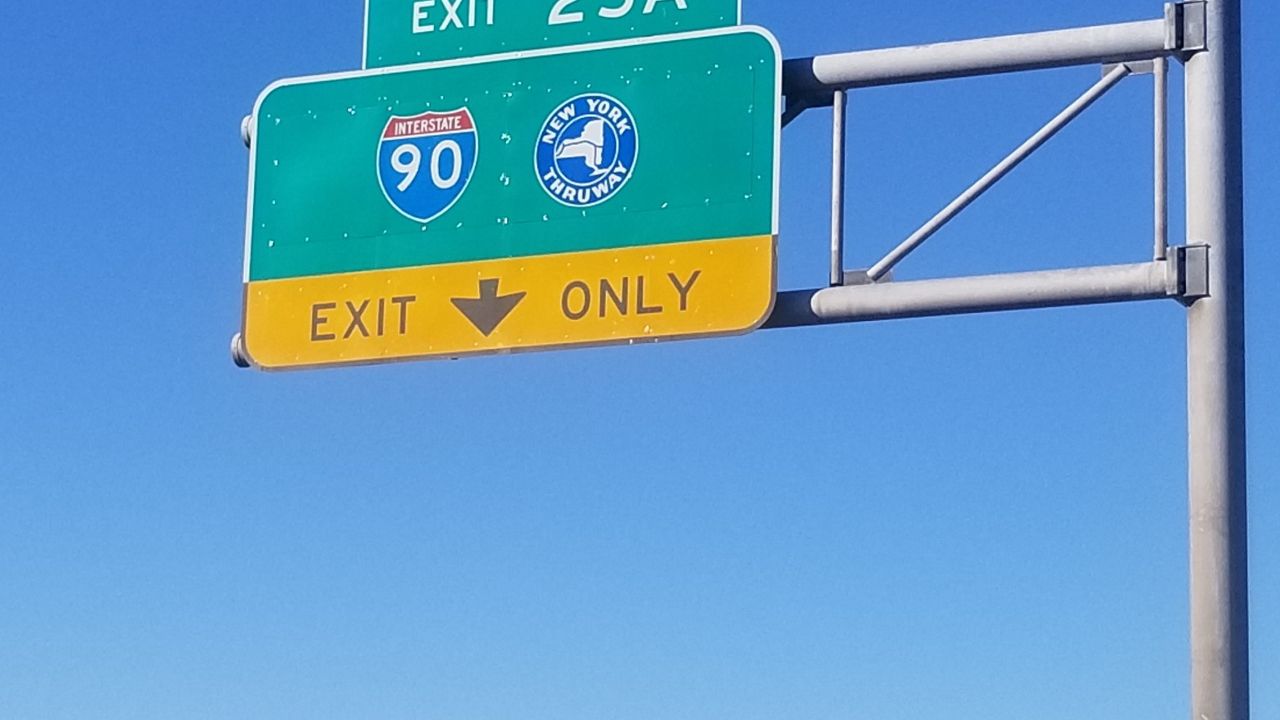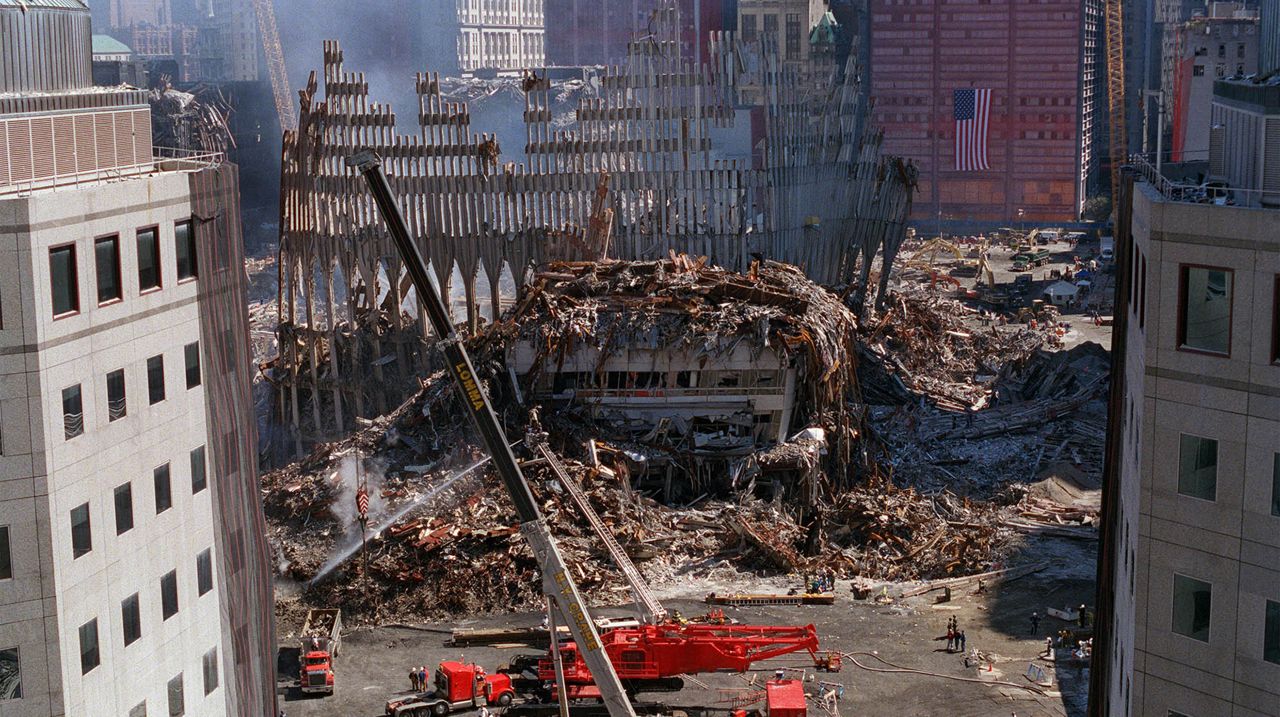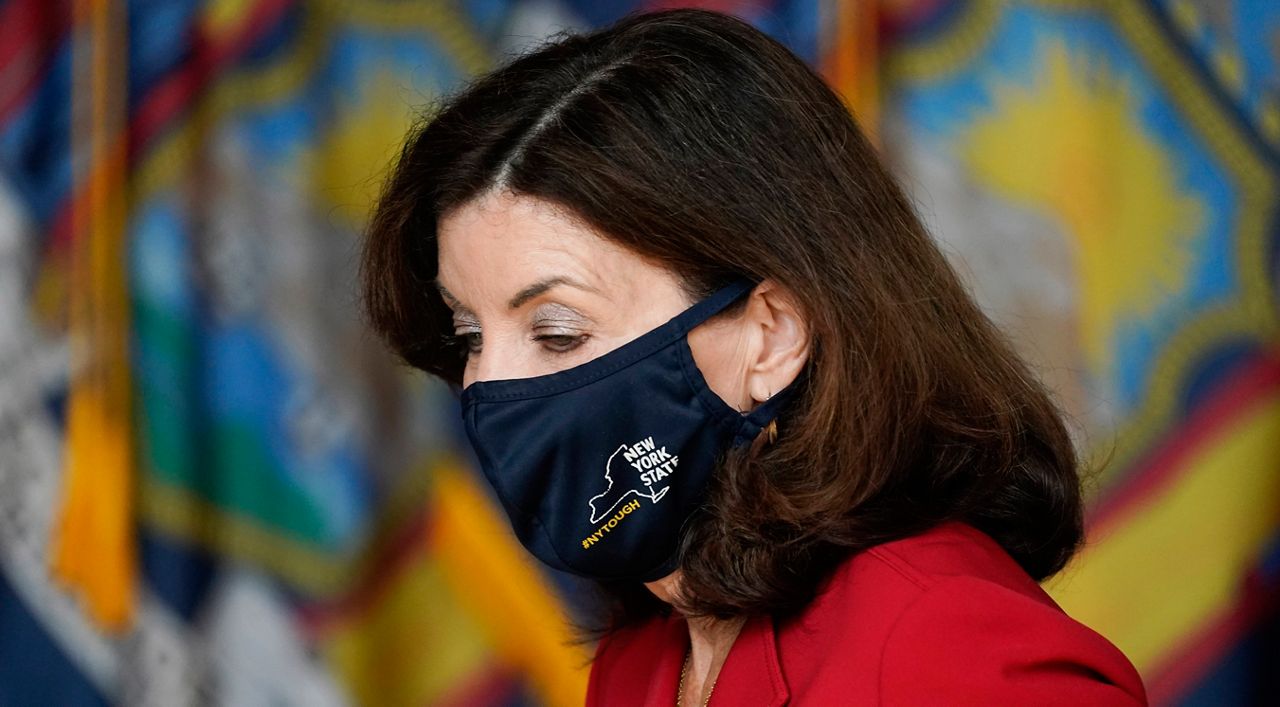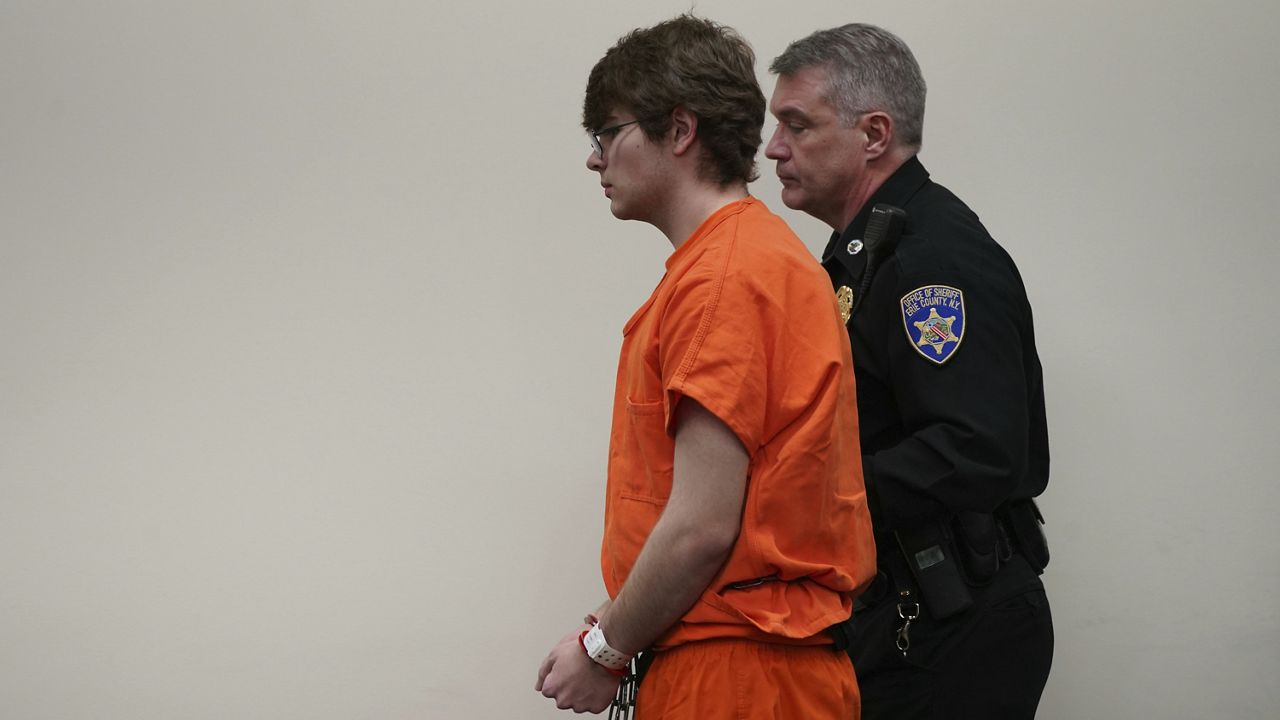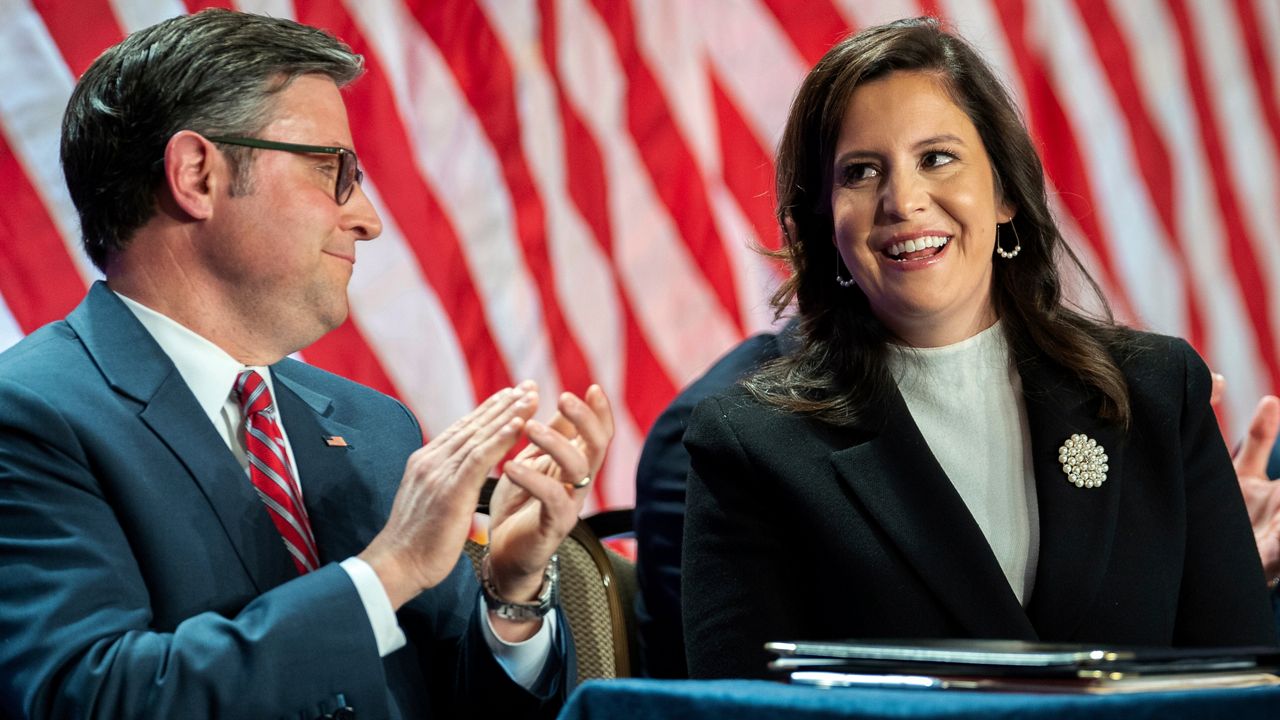New York is awash in proposals to rein in tolling on the Thruway system.
Audits of the state Thruway Authority are being sought as is the ability to allow the state Legislature to have veto power over any increase. Petition drives are being launched to halt the first proposed toll increase on E-Z Pass customers in more than a decade.
Meanwhile, a bill is landing on Gov. Kathy Hochul's desk that would limit the ability of state authorities to collect tolls by mail and penalize people for not making their payments.
All this comes as the state Thruway Authority has moved to consider a toll increase of 5% by 2024 and another 5% in 2027. Thruway officials have called the toll hikes necessary in order to strengthen infrastructure. Lawmakers have called the increases unwarranted and harmful to motorists already contending with inflation.
Republican state Sen. Jim Tedisco wants public hearings on the issue.
“The Senate must hold a public hearing on the proposed Thruway Toll Hike so we can ask questions of the Thruway Authority as well as get feedback from all parties who could be impacted by the increase including motorists, truckers, and our business community," he said earlier this month.
But limiting toll increases or making it harder to collect money has raised a red flag for construction groups as well as fiscal watchdogs like the Citizens Budget Commission.
The commission is urging Hochul to veto the proposal to limit toll collections, calling the revenue necessary for the state to help maintain roads and bridges.
"Toll revenues are critical to maintaining New York’s roads and bridges, as well as other transportation and transit capital assets. When the Thruway Authority’s toll rates were frozen from 2016 to 2020, the State diverted nearly $2 billion of general State revenue to backfill the Thruway budget and fund capital projects, costs that should have been supported by toll revenue," the group said in a memo of opposition. "MTA Bridges and Tunnels relies on strong toll receipts to support operations and the capital plan for not only for bridges and tunnels, but also for the transit system."
The toll increases won't be in effect for at least another year as a public comment period will commence -- and presumably more efforts by lawmakers to stop them.




